Coalition gears up to oppose RBA shake-up
Jim Chalmers faces a Coalition demand that a new specialist monetary policy board be composed of current RBA board members.
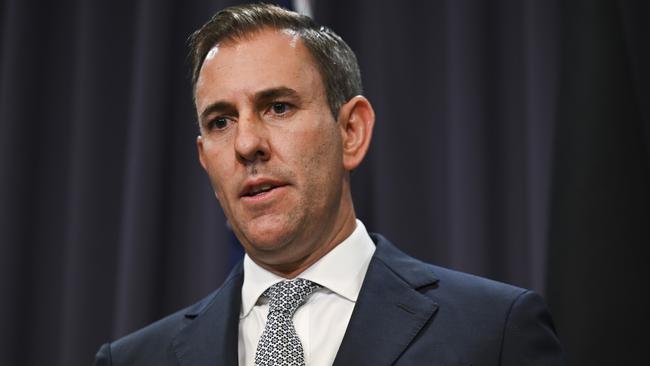
The Coalition is gearing up to oppose Labor’s central bank revamp unless Jim Chalmers meets its demand that a new specialist monetary policy board be composed of current RBA board members, putting bipartisan support for the shake-up in doubt.
Opposition Treasury spokesman Angus Taylor told The Australian it was “imperative” the six current private sector members of the RBA board continued to be entrusted with making monetary policy decisions.
It comes as the Coalition and the Greens also move to oppose the Treasurer’s proposal to remove the federal government’s ability to veto a decision of the RBA, making legislation to reform the central bank unlikely to pass the Senate with this component included.
“It’s crucial that there is stability and continuity of the board,” Mr Taylor said. “The fact that the draft legislation provides no certainty about the current monetary policy board is of deep concern to the Coalition, and we have been clear on this both in public and in private.
If the Treasurer’s past appointments to the board are any indication, there is a risk that the board becomes stacked with political appointments. It is imperative that the current board is carried over to the monetary policy committee in the legislation.”
While Mr Taylor said the opposition was prepared to work with the government to “improve the legislation”, support within the Coalition has hardened against the proposed reforms. There is a growing sentiment the Coalition should oppose the legislation if the government does not address its concerns despite the fact this would leave Labor’s changes hostage to the Greens in the Senate.
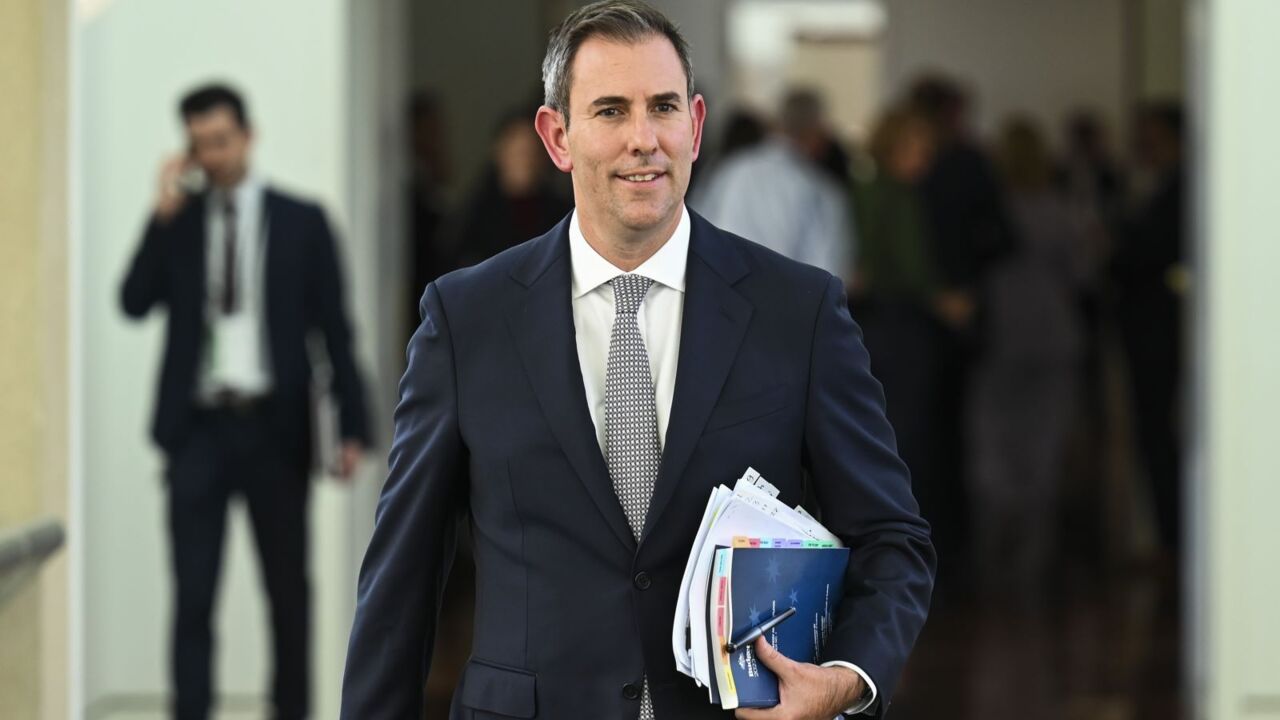
Two of the six of the private sector members of the RBA board – in addition to governor Michele Bullock, deputy governor Andrew Hauser and Treasury secretary Steven Kennedy – are Labor appointees. They are former president of the Fair Work Commission, Iain Ross, and company director and former ACTU official Elana Rubin.
These appointments raised concerns within Coalition ranks.
Under the proposed overhaul, the government would establish a new governance board – with no role in setting monetary policy – to provide oversight of the RBA’s organisational strategy, finances, strategic staff planning and risk management.
A separate monetary policy board, with deeper economic and financial expertise, would handle interest rate decisions.
The RBA review recommended current members of the board be given a choice as to whether they would serve on the new monetary policy board or the new governance board.
However, Mr Taylor says all existing RBA board members should be transferred to the new specialist monetary policy board with their tenures intact.
There are also deep Coalition concerns about the government’s proposal to repeal section 11 of the RBA Act, which would remove a procedure enabling the government to override the RBA board.
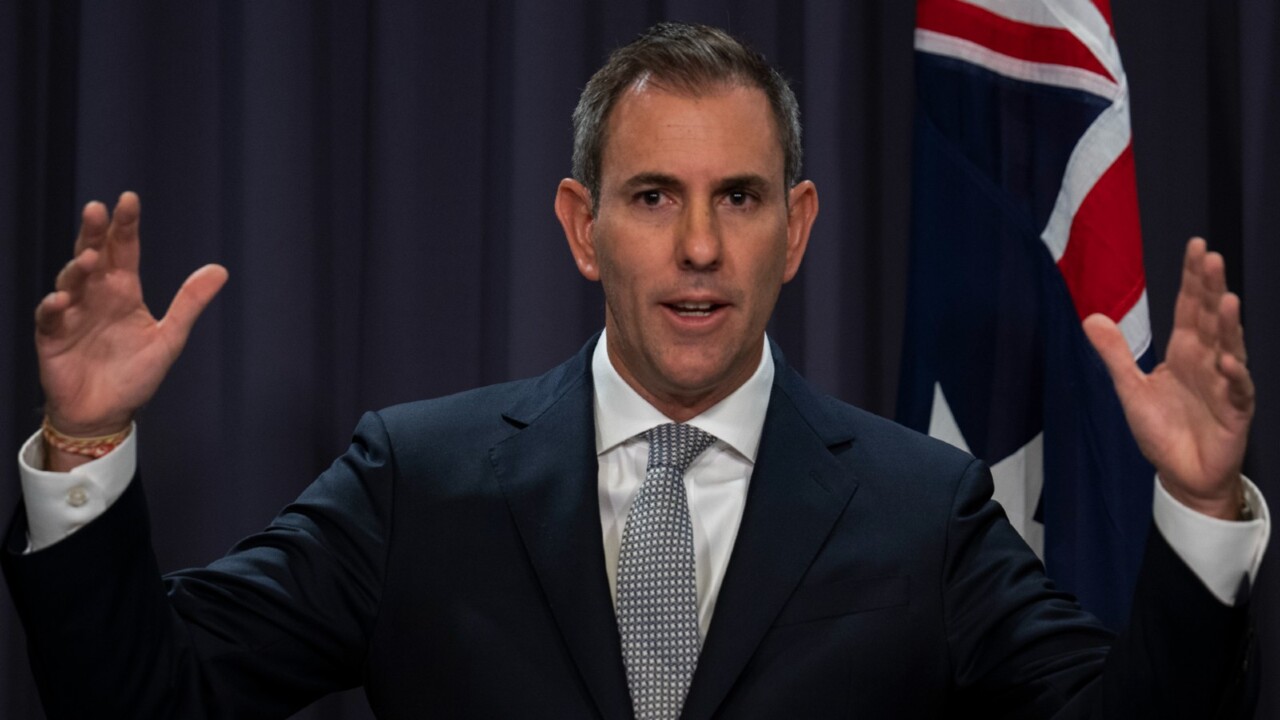
Proponents of the change to remove the veto power have argued it has never been used in practice, and removing it would “future-proof” the central bank’s independence. The government argues this change would bring us into line with international peers such as the US, New Zealand, Japan and Sweden.
But a series of heavy hitters including former prime minister Paul Keating, former treasurer Peter Costello and former RBA governors Bernie Fraser and Ian Macfarlane have spoken out against the proposed repeal of section 11.
Labor is privately conceding the Coalition is not as co-operative as it previously was on the RBA reforms and believes that, while Mr Taylor was initially working closely with the government on the overhaul, this was not well supported in the Coalition partyroom.
Coalition senators on the Senate standing committees on economics examining the government’s reforms are likely to oppose elements of the bill, and their position is expected to be supported by Peter Dutton.
Opposition assistant Treasury spokesman Dean Smith said “the idea that parliament would surrender its ultimate oversight is naive”. NSW Liberal senator Andrew Bragg – the deputy chair of the committee – said Dr Chalmers was the “only person” who thought it a good idea to dump parliament’s effective veto over interest rates decisions.
The Greens have also said they will oppose changes to section 11, with Treasury spokesman Nick McKim saying the party would move an amendment to ensure parliament retained its override power. Dr Chalmers said “it was disappointing but not surprising to see the Liberals team up with the Greens to play politics with the independent RBA”.
More Coverage




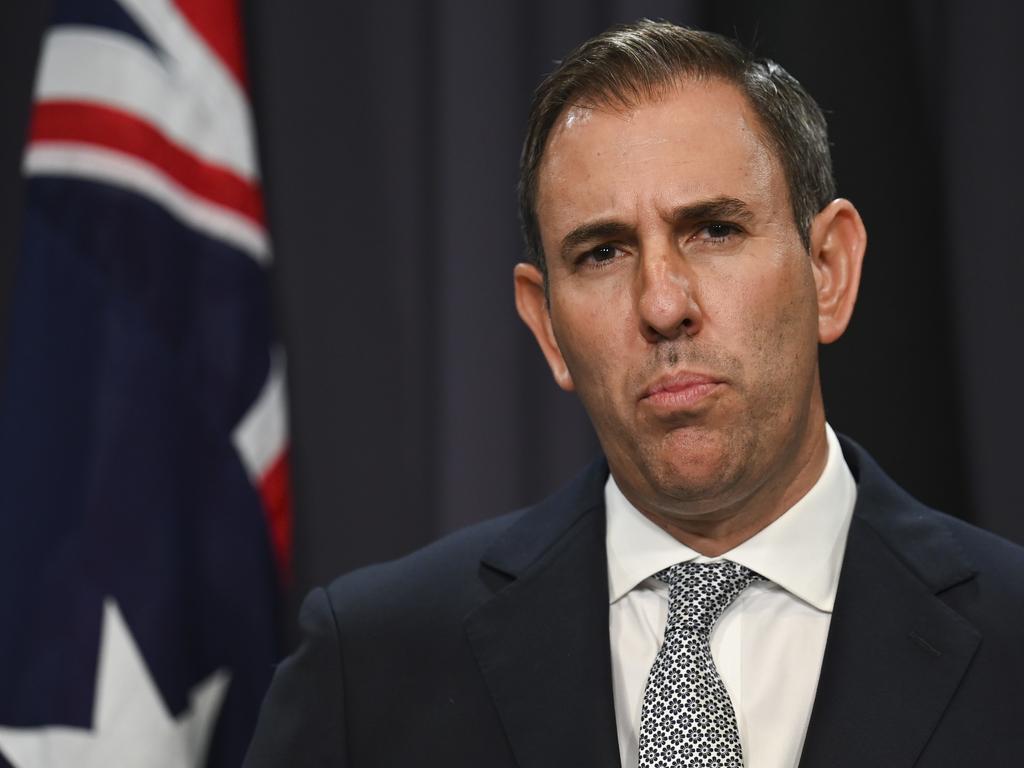

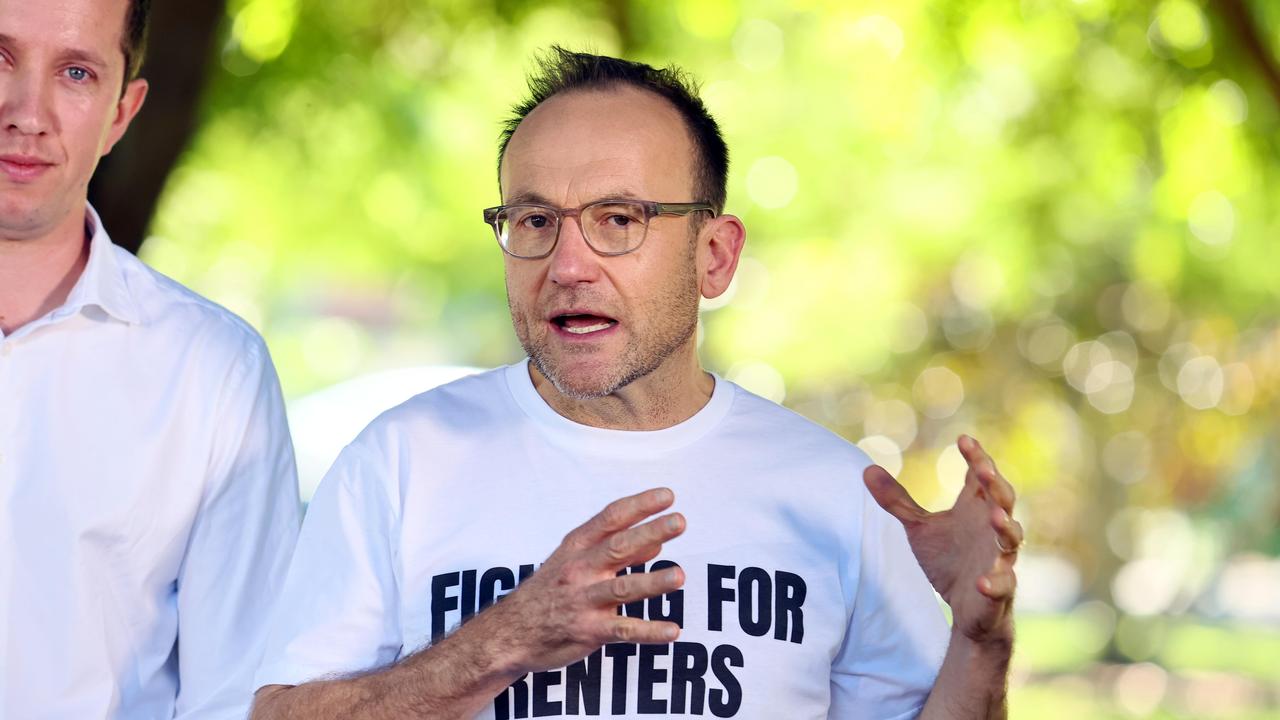

To join the conversation, please log in. Don't have an account? Register
Join the conversation, you are commenting as Logout